By our Political Editor
The 16th anniversary of Sri Lanka’s War Victory Day on 18 May was meant to be a moment of solemn remembrance and national unity. Instead, it turned into a political battleground, with the Rajapaksa camp seizing the spotlight and the government of President Anura Kumara Dissanayake scrambling to explain its own indecision.
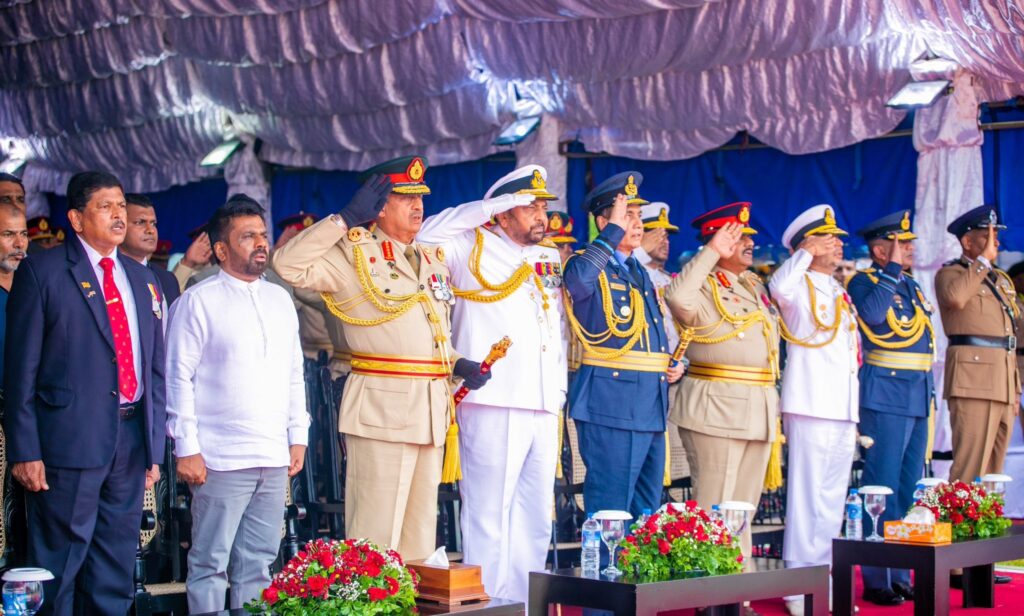
The Rajapaksa-led opposition moved with calculated force. For years, Victory Day has been their stronghold, their narrative — a monument to their wartime leadership. This year was no different. In the absence of a bold and confident strategy from the current administration, the Rajapaksas reclaimed the public stage, using memorial events to reinforce their legacy and regain momentum. They outmaneuvered the government, whose attempts to take a neutral stance only deepened public confusion and fed a growing digital media storm.
The government’s middle path approach — neither fully embracing nor resisting the day’s weight — collapsed in public discourse. Their reluctance was interpreted as weakness, and their silence was filled by their critics. The moment, which could have been used to redefine national unity, instead played straight into the hands of the Rajapaksa family, reinvigorating their political relevance among their loyal base and swing voters alike.
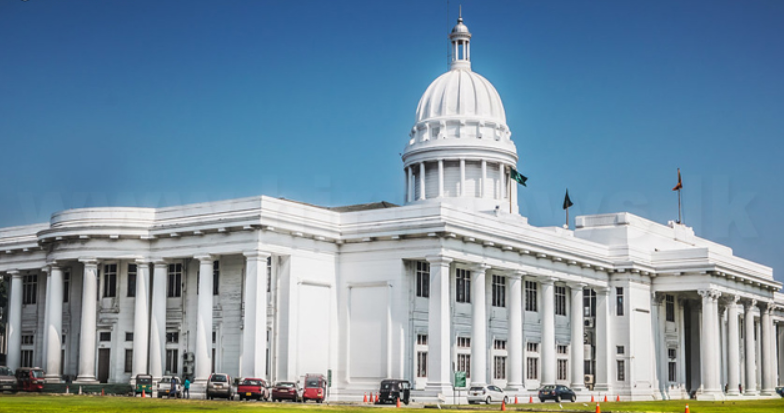
While the symbolic war over narrative played out in the media, the administration’s full attention was elsewhere — on capturing local government councils, especially the Colombo Municipal Council, seen as the heart of urban political perception. Ministers and coalition leaders have poured their energy and state resources into ensuring control, seeing council victories as a proxy for national authority.
But this obsession with local political control has come at a cost. In the background, Sri Lanka’s economic and governance priorities are being neglected. While political leaders engage in battles for local councils, real-world problems continue to fester — and public frustration is building.
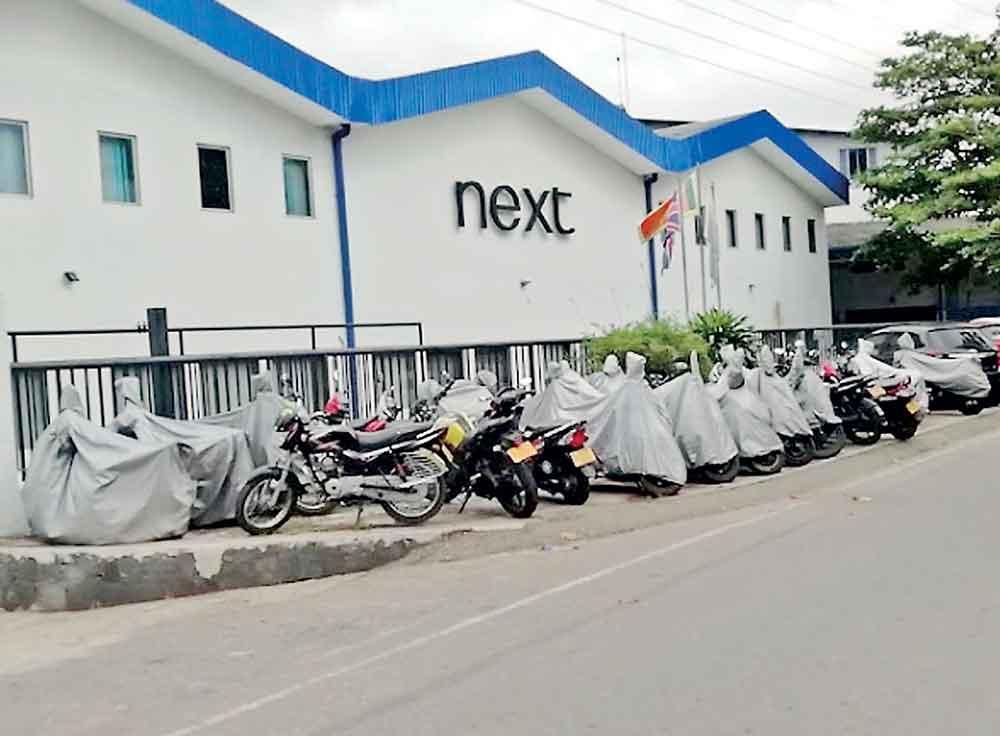
One such shock came with the sudden closure of a NEXT apparel factory, a name once regarded as a symbol of trusted foreign investment in Sri Lanka since 1979. The decision to shut down operations caught many by surprise, especially within government ranks. The silence from the administration was deafening, with the exception of a speech in Parliament by Cabinet Minister Mahinda Jayasinghe, who addressed the issue in passing. The failure to respond quickly and clearly has sparked fear among workers and investors, raising serious concerns about Sri Lanka’s manufacturing climate and investor confidence.
The damage from this silence is twofold — it undermines the government’s economic credibility and raises the spectre of job insecurity, just as the country struggles to rebuild after years of economic volatility. At a time when confidence matters most, the government is appearing disengaged from the economic pain points of the people.
In the political realm, the Dissanayake administration has continued to push forward on its anti-corruption drive — one of the key pillars of the President’s 2024 campaign. Among the names reportedly under scrutiny are Namal Rajapaksa and Mahindananda Aluthgamage, both closely tied to the previous ruling regimes. While internal investigations continue and cases inch forward, the public’s patience is wearing thin.
Justice was promised — not just as a concept, but as a concrete, visible reality. The Dissanayake administration pledged to clean up politics and deliver justice for past wrongs. But process delays, legal complexities, and political caution have slowed progress. If the government fails to secure meaningful convictions, or worse, if the cases are dismissed by the courts, it will breathe new life into the very politicians the public once voted out.
These figures, if cleared without consequence, could claim vindication, rebuild their political careers, and attract sympathy as “victims of political revenge.” In short, they will be back — stronger, bolder, and armed with public endorsements from a judicial system that found them not guilty.
For President Dissanayake, the pressure is immense. He is at the center of a complicated storm, juggling a fragile economy, fractured politics, and an impatient public. On the international stage, Sri Lanka’s foreign policy remains delicately balanced, with major relationships — particularly with the U.S., India, and China — requiring careful attention. Domestically, the weight of expectation on his shoulders is heavy, especially as more Sri Lankans begin to question whether the promised “new era” is materialising.
Victory Day should have been a turning point — a chance for the government to define its own national identity narrative, to unify the country across past divisions, and to assert its confidence. Instead, it exposed the government’s inability to command symbolic power, a tool the Rajapaksas have long mastered.
The NEXT factory closure is another reminder — that in politics, failing to act is as damaging as acting poorly. The government cannot afford to turn a blind eye to economic shocks that hit working-class families directly.
And the fight against corruption, the defining issue of this administration, must now move from rhetoric to results. The people are not only watching — they are counting.
If the Dissanayake government fails to deliver justice in this key area, it will risk becoming just another chapter in the long line of administrations that promised change but delivered more of the same.
Sri Lanka stands, once again, at a fragile intersection of politics, justice, and public trust. And with each mistake, the road ahead becomes harder to travel.
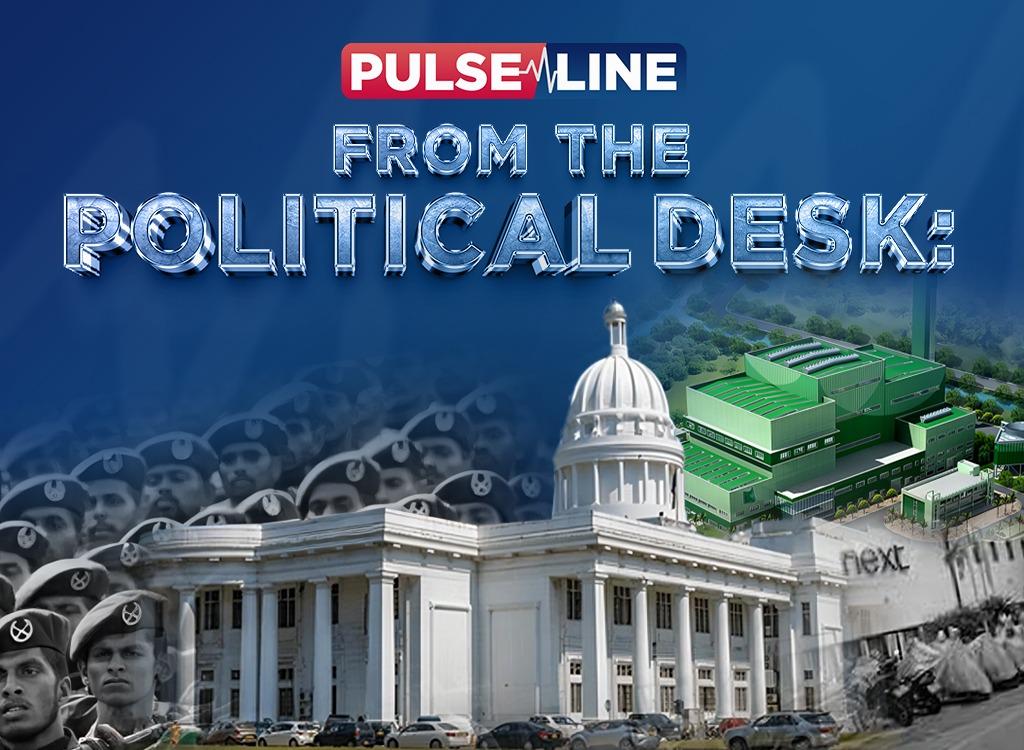
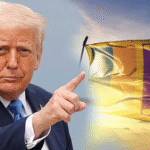
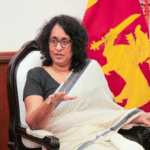
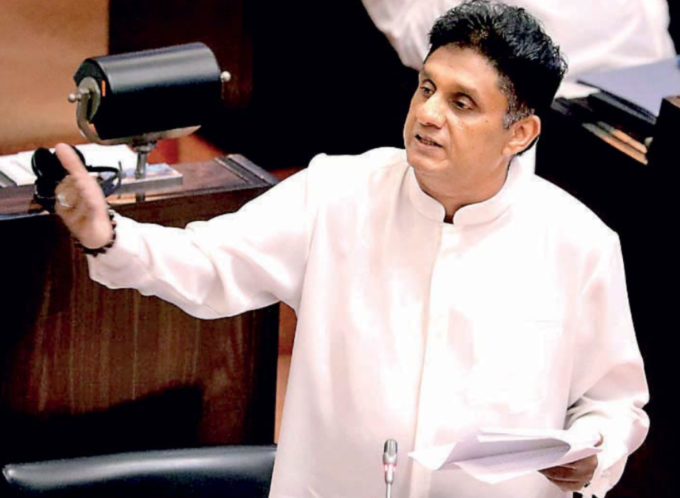
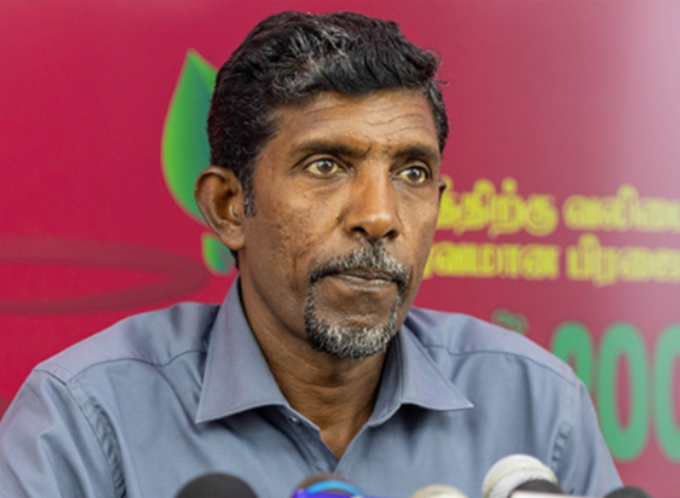

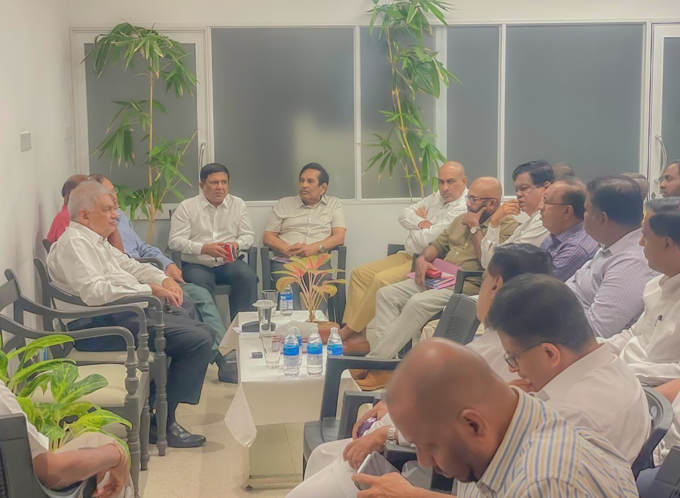


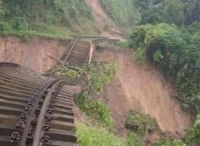
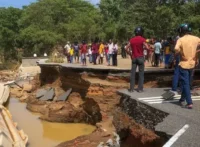
Leave a comment